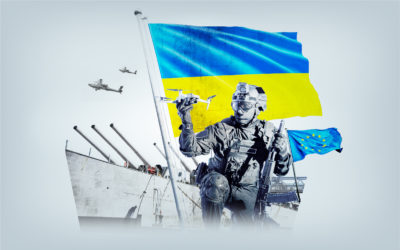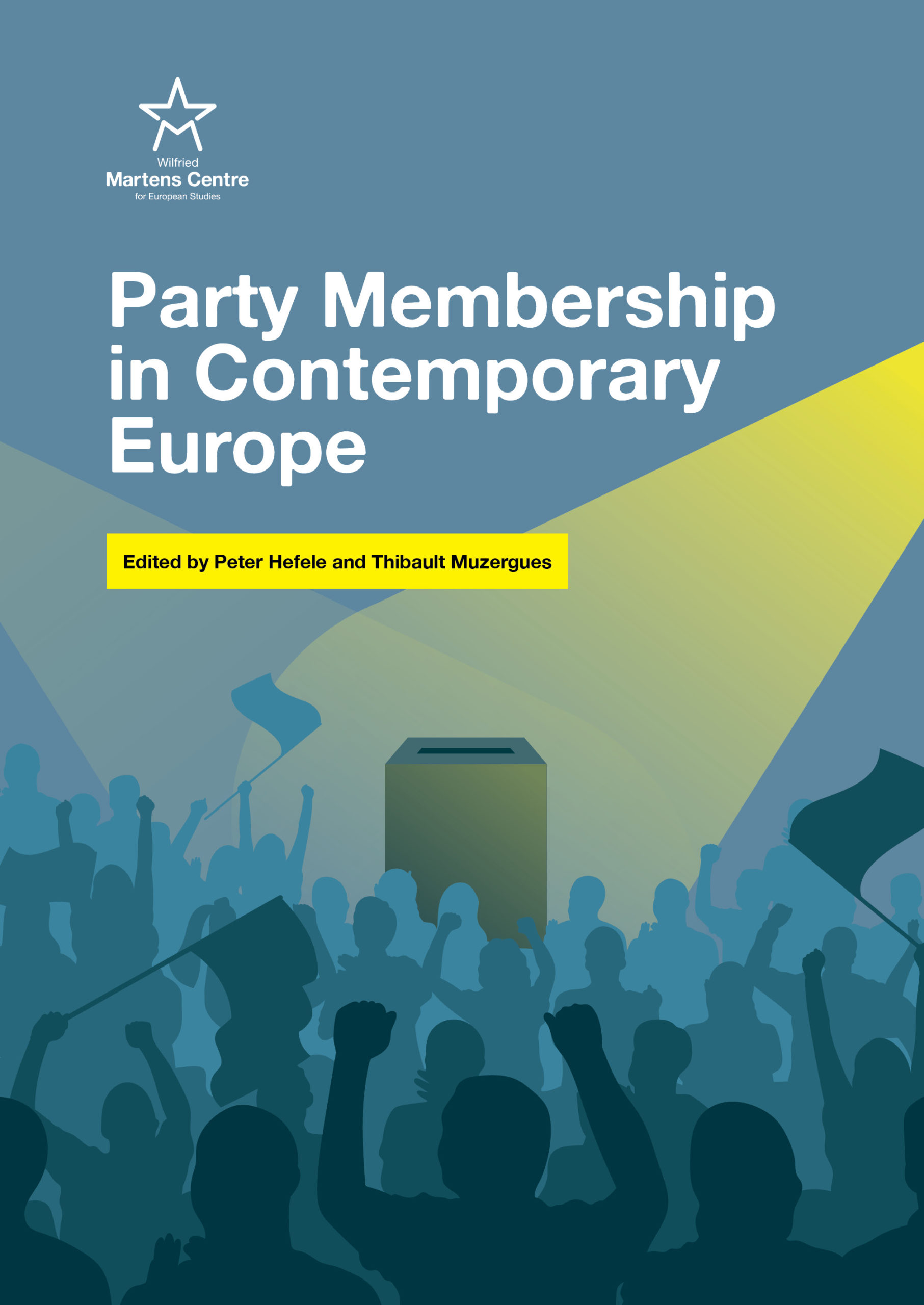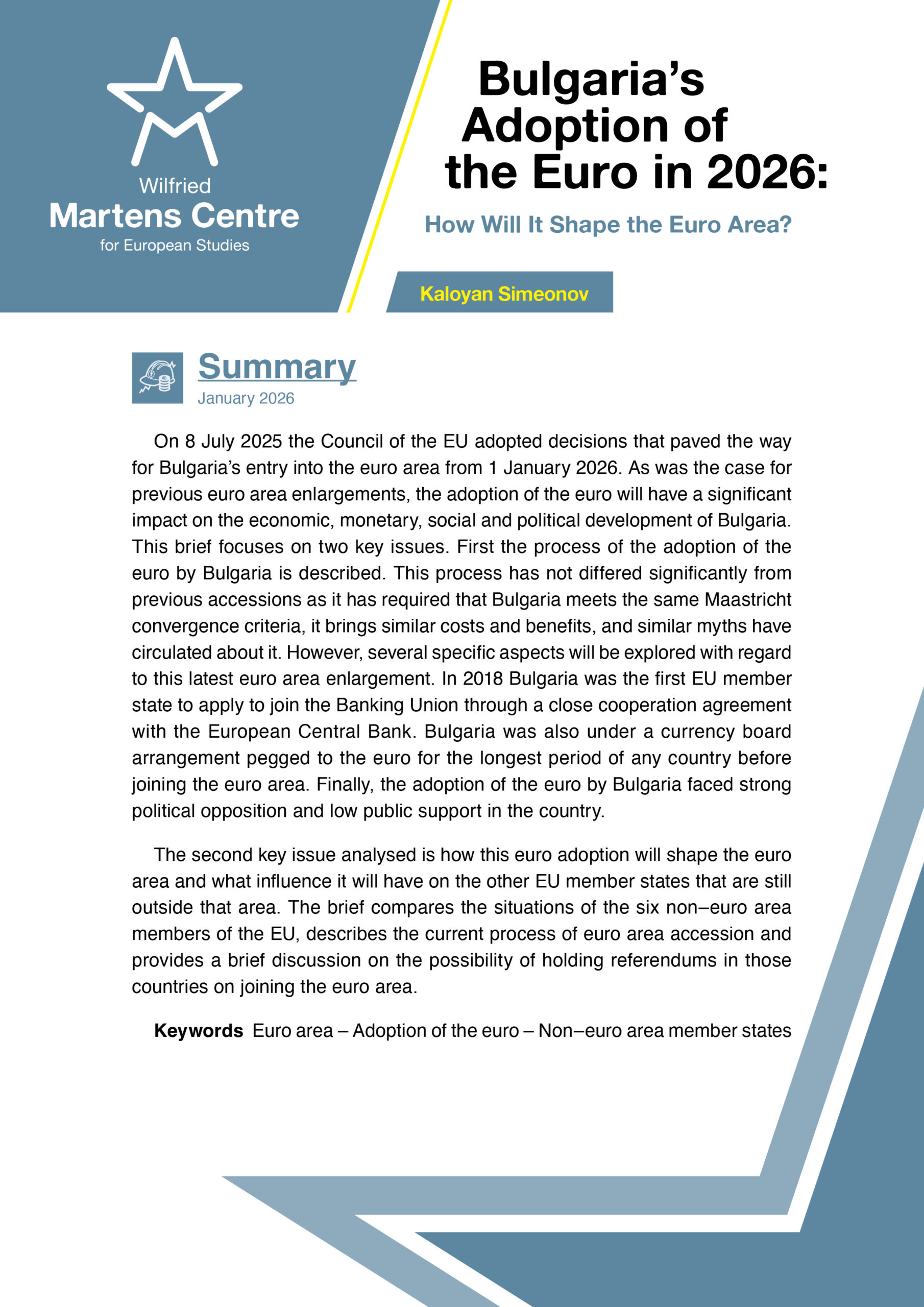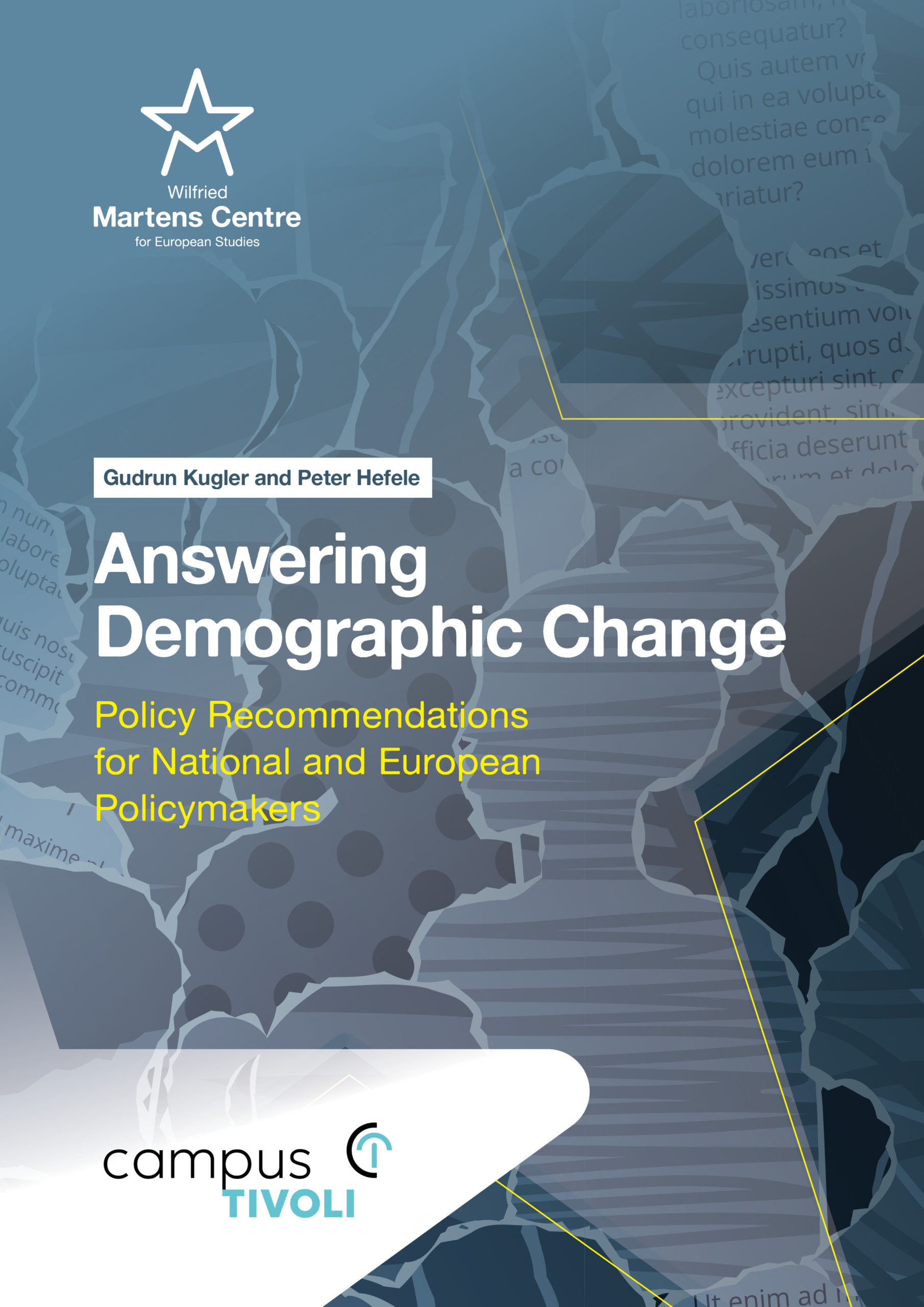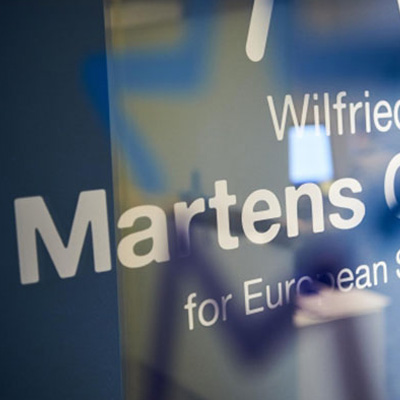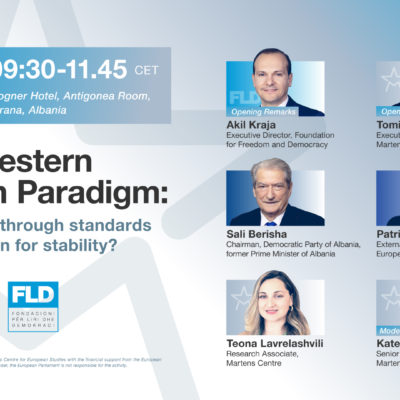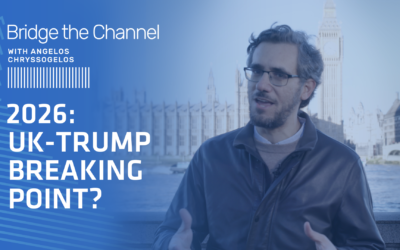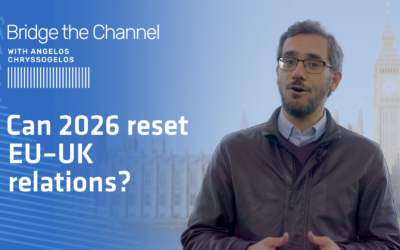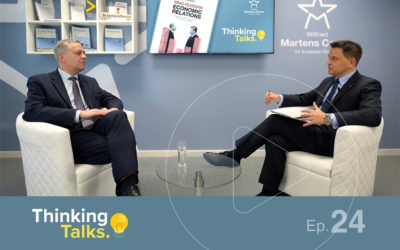After #EP2019: first points for a centre-right roadmap
14 June 2019
Now that some of the dust has settled, the European People’s Party should start drawing the lessons of the EP2019 election and define the agenda ahead. The Wilfried Martens Centre for European Studies, at its annual Think-In with its member foundations across the EU in Prague in early June, has developed a list of points to be considered. They are based on the individual reflections of member foundation representatives, and are subdivided into four chapters:
Identity:
Any deep post-electoral analysis begins with the questions: who are we? Who do we want to be? Much has been made of the obsoleteness of the classical left-right divide in politics. Many claim that in the wake of the crisis of the West, and more specifically the economic and migration crises of the last 10 years, the new paradigm is ‘open vs. closed’, pitting global, liberal thinking and borders open for migration and trade against local, traditional thinking and protectionism in terms of trade and migration. Against that backdrop, it does seem logical to look for a new self-description of the EPP political family. Alas, it is no coincidence that in the open vs. closed paradigm, the EPP has a foot in both camps. If we let that rift grow, it will weaken and eventually destroy us.
But if we turn this weakness into a strength, by maintaining and actually reinforcing a common bond beyond and above the new political divide, then we can still remain Europe’s strongest political force. Such a bond is most likely to be found in the combination of Christian Democrat, conservative, liberal and centrist political thought that has already defined our political family in the past decades. If a new term better suits this complex picture than the time-honoured labels ‘people’s party’ and ‘centre right’, then let’s go for it. But it will be no easy task.
Strategy:
Out of the many strategic conundrums for our political family, three stand out:
- Who is the enemy? Until the late 2000s, the answer on the European level was clear: our main competitor (but also permanent cooperation partner in the EP) were the Socialists. Extremists left and right were enemies, but not so relevant. Since the economic crisis after 2008, and especially since the migration crisis after 2015, the populists (mainly from the right) have increased in strength, while social media has helped them garner attention and create echo-chambers. Since 2017, the European Liberals have become more of a competitor, with Macron’s attempt to repeat on the EU level the total remodelling of the party system that he successfully managed in France. Finally, the Greens have now emerged as a serious competitor, at least in North Western member states.
- Copy and original: in the debate about the proper centre right answer to populism, one often repeated statement stands out: If we try to copy the populists, the voters will always prefer the original to the copy. That is as often true as it is false. It just depends on the circumstances in place. But the dilemma can now be extended to our new struggle to come to grips with the popularity of the climate change issue and the rise of the Greens in some important member states. The challenge here is to address climate policy more intensively, but using tools and approaches of the centre right, not trying to copy the regulatory approaches of the Greens.
- Maintaining unity: the EPP political family has seen a constant expansion since the 1980 in terms of member parties, which has automatically led to a wider variety of political standpoints. If this unity has now begun to falter (as in Spain and France, for example), the position of the EPP as the strongest political family is in serious jeopardy. Maintaining unity, however, presupposes defining and strengthening what still binds us together: fundamental values such as freedom/responsibility, subsidiarity etc. But maintaining unity can also mean saying goodbye to member parties which are endangering cohesion.
Topics:
Europe’s centre right has a number of classical areas of competence: first and foremost, these are security and economics – meaning defence and homeland security as well as fiscal prudence and policies leading to economic growth. Migration, the most important topic for many Europeans 2015-2018, has – to some extent – become an issue of competence for the centre right, at least more than the left. But in #EP2019, a number of new issues have emerged that are calling for more attention from the EPP political family:
- Climate: there is near universal consensus that the climate topic is important, that it is here to stay and that the EPP so far has not excelled in climate policy. Having said that, it is still important to keep in mind that the boost for the Greens has happened only in a North-Western minority of member states: practically the entire South, as well as the East of the EU are not affected for the moment. And of course, climate policy may be replaced by other, even more urgent topics, in a few years, such as migration or the economy.
- City-countryside gap: the growing divergence in lifestyles, socio-economic challenges and political attitudes couldn’t be more obvious. While taking into account the interests of city dwellers, the EPP political family would neglect the countryside at its own peril: France’s Yellow Vests are a case in point.
- Middle class: the ‘squeezed middle’ – in terms of work-life-balance, education, gender equality, income/taxation etc., has been a favoured topic of many member parties in recent years. This should be maintained as a trademark.
- Christian Europe: some member parties strongly favour this as a priority while others believe in a more eclectic message, focusing on a broader array of values, civic rights and an inclusive approach to other religions. It will be a challenge to create consensus on this.
- Digital: the future of the internet, especially the balance between corporate-driven innovation, privacy, freedom and fighting abuse, is another issue that warrants more attention from the EPP.
Tactics:
- Electoral coalitions: several successes (in Poland, for example) have shown that in specific contexts, such as small countries or constituencies with single or few seats, creating joint electoral lists with other political parties may be the only chance for the EPP parties to maintain or expand their strength.
- Communication: a constant challenge for centre right parties, especially when faced with populists and Greens. This goes far beyond the right use of social media, and extends to using less bureaucratic language in general, and be more open to entertainment as a factor in politics. Being less boring and yet maintaining the EPP’s political salience is the challenge here.
- Outreach to the young generation: in several member states (this time not only in the Northwest), the centre right is now risking to lose young voters on a scale last seen in Western Europe in the 1970s. This refers to policy issues (climate change, digital, education) but above all to styles of communication, transparency etc. as well as including more young candidates on electoral lists.
- Personalities: without charismatic leaders appealing to large numbers of voters, the EPP has no future. That’s a so-called no-brainer. And yet, a direct succession from one charismatic leader to the next is the exception rather than the rule. Recruitment of leaders and smooth leadership transitions are areas for the EPP to work on.
ENJOYING THIS CONTENT?





